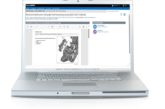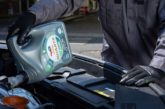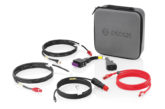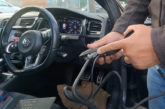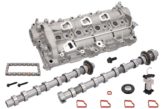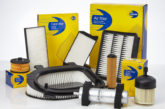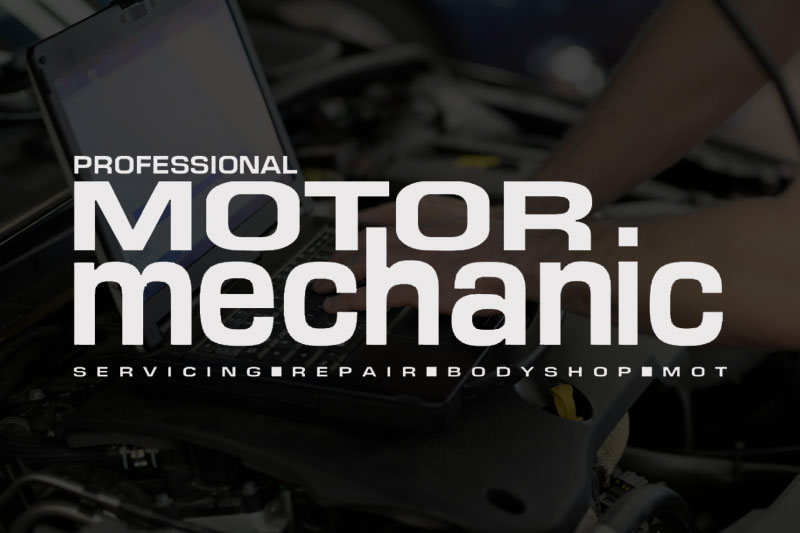
1) Never use exhaust paste in front of a catalyst when fitting. When the exhaust paste hardens it can break off in chunks and damage the monolith. Paste dust can also block the monolith.
2) Always use the correct fuel and oil for the customer’s car. Every year at least 150,000 people accidentally put the wrong fuel into their vehicles – that’s one every 3.5 minutes! Using the correct fuel and oil will prevent damage to the cat.
3) Never use a fuel additive without first reading the instructions to find out if it is suitable for use with a catalytic converter. If in doubt, consult the manufacturer of the additive.
4) You should never attempt to bump start or tow the car. This causes unburned fuel to be injected into the catalytic converter, which can make the monolith overheat and melt.
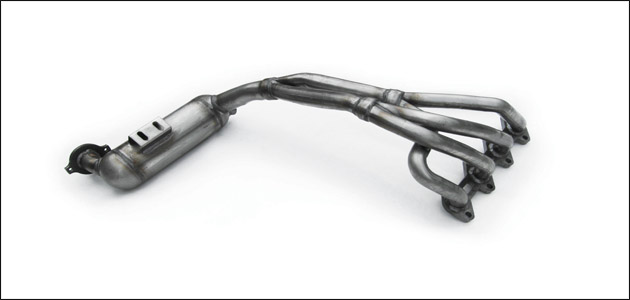 5) Towing anything that is too heavy for the vehicle to cope with can cause problems. For example, an overloaded caravan will actually push a car along when it travels downhill. This sends unburned fuel into the exhaust system and can cause the monolith to overheat and melt.
5) Towing anything that is too heavy for the vehicle to cope with can cause problems. For example, an overloaded caravan will actually push a car along when it travels downhill. This sends unburned fuel into the exhaust system and can cause the monolith to overheat and melt.
6) The car should be regularly serviced to the vehicle manufacturers’ specifications. In particular, the workshop should make sure the engine is running correctly. A poorly tuned engine can cause the monolith to break down or become covered in soot, which stops it converting.
7) Driving through deep puddles, fords, or parking when there has been heavy snow can also cause issues. The catalytic converter operates at an extremely high temperature, and when it comes into contact with water or snow it cools down rapidly. The steel shell cools more rapidly than the monolith, and in extreme circumstances the monolith can be crushed as the steel shell contracts.
8) Make customers aware that they shouldn’t park over long grass or anything similar. As the catalytic converter operates at such a high temperature it can actually set the grass on fire!
9) The exhaust system can easily be grounded if care isn’t taken when driving over speed humps. This could cause impact damage to the catalytic converter.
10) Customers should always investigate any warnings lights on the dashboard as soon as they occur. Any delay could cause damage to the catalytic converter.

